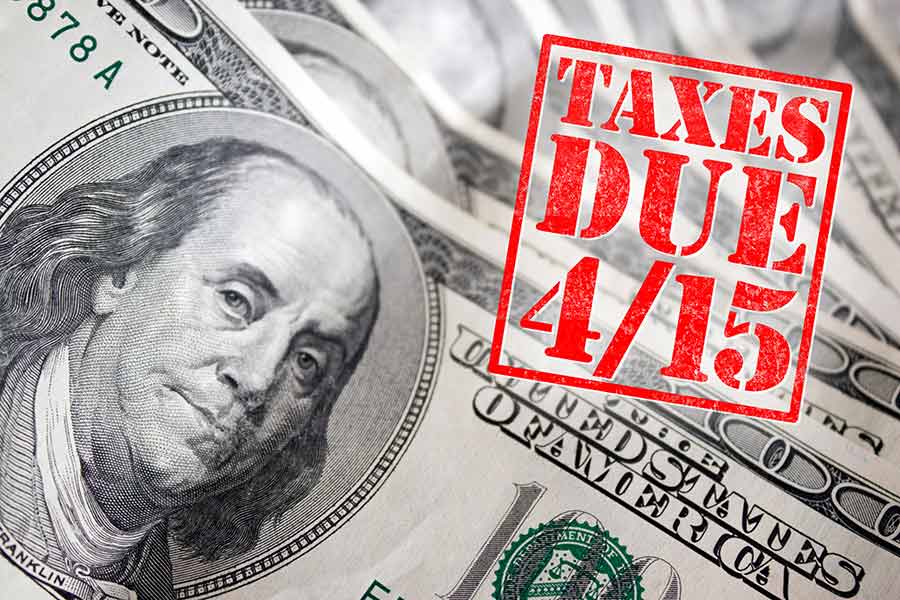Do you owe tax money to the IRS? Have you been trying to figure out how you are going to pay your bill? Did you know that ignoring your bill could lead to dire consequences? You need to take action quickly and determine how you are going to pay it. One option is to set up an IRS tax installment agreement.
An IRS installment agreement allows you to set up a monthly payment plan to pay back the tax money you owe. In order to qualify, you generally need to be in good standings with the IRS. If you owe less than $10,000 and have a clean record you should most likely automatically qualify, as long as you can pay the balance over a 36 month time period. If you owe more than $10,000 but less than $25,000 you should also qualify if you are in good standings. You will then have up to 60 months to pay back the amount due. Special agreements are also often made for those that owe $25,000 by calling the IRS.
If you owe $25,000 or less you can apply right on line at the IRS website or print off the application form and send it in. There is an application fee of around $100.00 which is cut in half if you set up to have your payments automatically withdrawn from your bank account. You can also pay by credit card or with a check or money order. When you get your confirmation that your application was accepted, it will tell you where to send your amount due each month.
If you do decide to apply for an IRS installment agreement, you should know that the IRS can file a notice of federal tax lien on your property in order to secure their investment with you. They can keep the lien on your property until your final payment has been made. They IRS considers a tax lien a passive way to collect what they are due. By placing the lien you have a vested interest in getting the lien removed and will be more likely to make your tax payments.
A tax lien is very serious and should not be taken lightly. It can reap havoc on your credit score, dropping it as much as 200 points or more. A tax lien also stays on your credit for seven years after your final payment. Not everyone will receive a tax lien, but anyone the IRS feels is a risky investment could receive one.
If the IRS decides that they are going to issue a tax lien against your property as part of your installment agreement, they will send you what is called a 2603C letter. This letter will let you know that your agreement has been accepted with the condition of the tax lien. In the letter they must state the date that they will be filing the tax lien. They are required to give you at least a 10 day notice. If you pay off your tax bill before the date given, they cannot file the lien.
If you do receive one of these letters and can scrounge up the money to pay your bill it is in your best interest to do so. If they do place the lien you need to realize that while it is there you will not be able to sell your home and most likely not be able to get any type of credit. This includes opening a new credit card, receiving funding for a car loan, taking out a mortgage or renting an apartment. Your insurance could also go up as many insurance companies now use your credit score to help determine your rate. Some employers even look at credit scores before hiring.
If you do end up getting a lien placed on your property you will want to do all you can to pay off your tax bill quickly. As soon as it is paid off you will want to have the lien removed. Usually the IRS automatically does this within thirty days of your last payment, but you will want to pay close attention and make sure that they do so.



Leave a Reply
You must be logged in to post a comment.